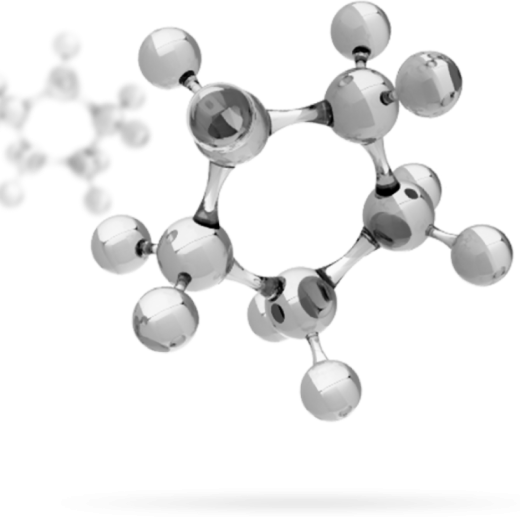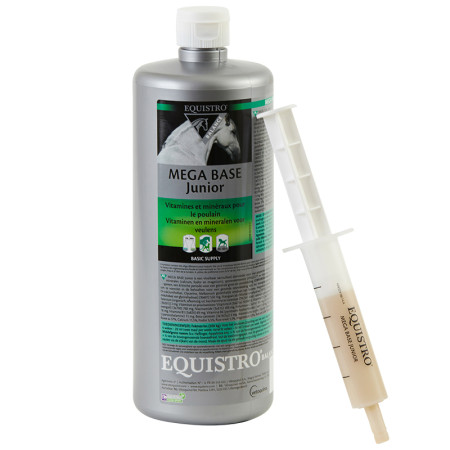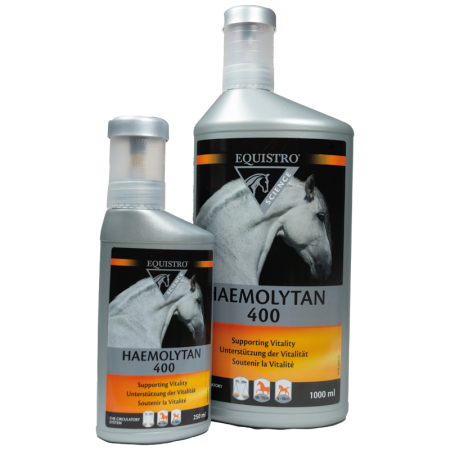
Vitamin K
Sources
K vitamins exist naturally as K1 (phylloquinone) in green vegetables, K2 (menaquinone) produced by intestinal bacteria and K3 which is a synthetic K-vitamin.
Rich in K vitamins are green vegetables (K1) whereas K2 is synthesized by gut bacteria in the horse's hind gut. Vitamin K1 and K3 are absorbed from the intestine in the presence of bile salts and other lipids and can be stored in small parts in the lliver tissue.
Daily Requirements
Precise amounts for the daily intake of vitamin K have not been determined for the horse but based on the requirements in other species around 0.5 mg per kg dry matter have beed defined also as reliable amount for horses.
Because their large intestine is not yet fully developed, foals are dependent on the supply of vitamin K via their mother's milk.
Deficiency
Horses suffering from intestinal inflammation, malabsorption, diarrhea or dysbalance of the microbiome (e.g., due to antibiotics) can have a benefit when being supplemented with vitamin K due to the lack of microbiological activity.
Disruption of blood clotting can happen due to the decrease of vitamin K-dependent coagulation factors.
Excess
Toxicity is rare in natural diets. Excessive intake of synthetic vitamin K3 (>2.2 mg/kg body weight) can however lead to toxicity in the form of acute renal failure, colic and haematuria.
Important to know
Vitamin K2 is synthesized by functioning gut microorganisms in amounts that should normally meet the horse’s requirements. However, this source may be inadequate during the first couple of postnatal weeks, or during extended treatment with sulfonamides (antibiotics).
Dicoumarol, a vitamin K antagonist produced in moldy sweet clover hay, and other coumarin derivatives can impair blood coagulation, according to a single report in one horse.


